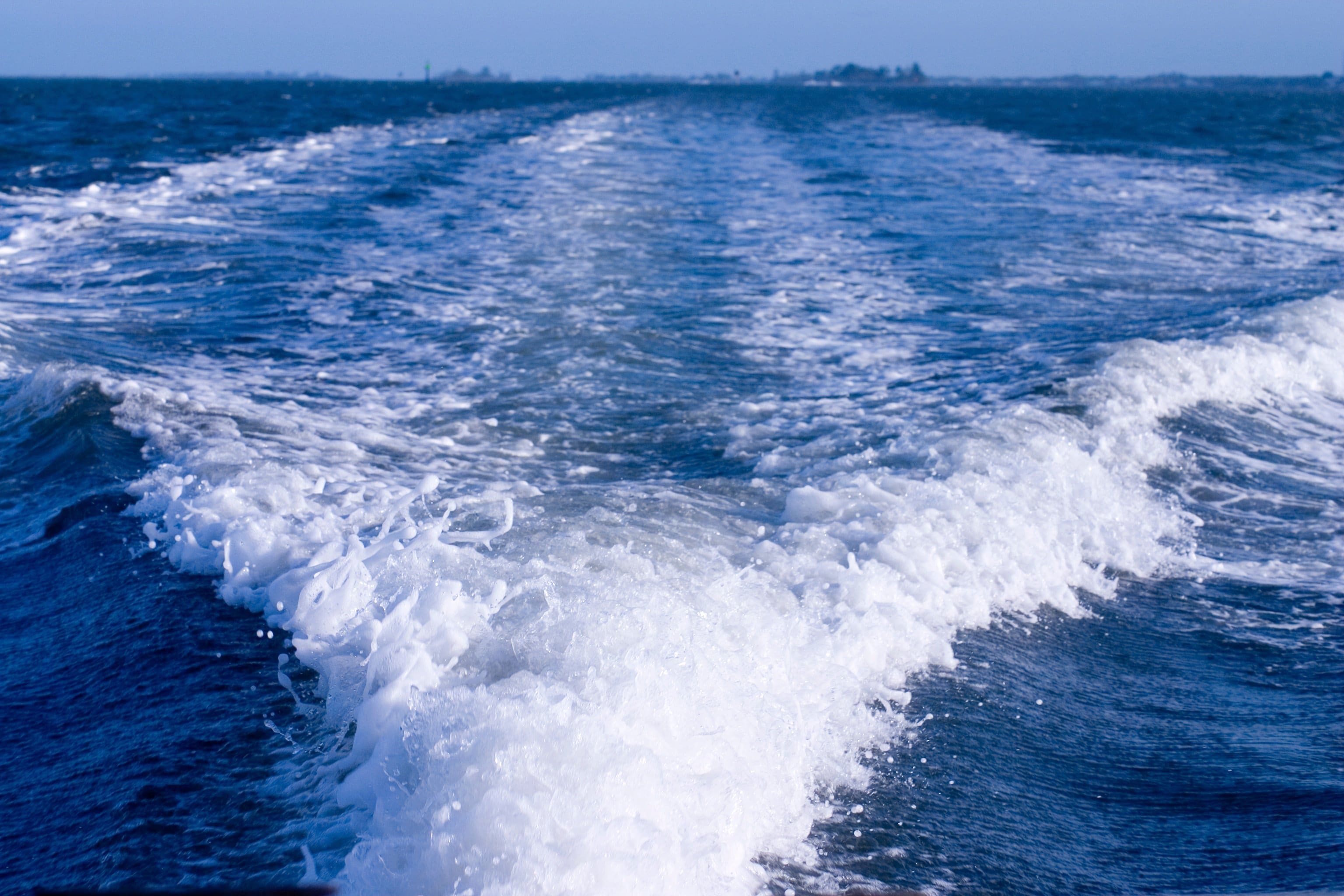Boating can be one of the most enjoyable and memorable summer activities anyone will experience. However, that marine engine that powers your good times leads one of the most difficult lives of any powersport application and it needs a specifically- formulated oil in order to keep it running as it was designed.
- Unlike most liquid-cooled engines that use an enclosed, pressurized cooling system, most marine engines use the lake, river or sea water for cooling; this means they run cooler. The cooler temperatures when combined with typical marine RPM and fuel mapping schemes leads to high fuel dilution scenarios
- Damp and/or salt water conditions are one of the most damaging environments imaginable for an internal combustion engine.
- Intermittent use and long periods of storage can lead to internal moisture problems.
- Since they operate partially in a liquid environment, water intrusion is always a danger.
- High RPM and constant load put a huge strain on marine engines.
Properly formulated marine lubricants contain special ingredients to address all of the areas mentioned above. On the other hand, your car’s operating environment is almost a complete 180 from your boat engine. Automotive oils aren’t designed to protect in marine engine environments so boat owners should avoid using them. Instead, look for marine oil that has these qualities:
- Proper viscosity grade (per owner’s manual) and resistance to shear to combat fuel dilution and high RPMs and constant loading.
- Corrosion inhibitors to help keep the engine from becoming damaged from internal and/or external moisture
- Anti-wear additives to fight internal parts wear from moisture and the unique vertical engine layout
- Stick with OEM engine oils and avoid using passenger car motor oil if at all possible
Using good quality marine oil in your boat engine will help keep it running like new and pay off with many years of fun on the water.

